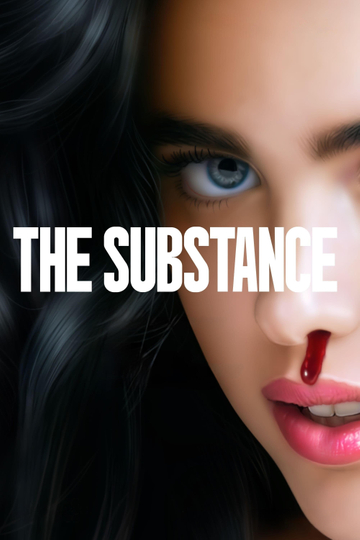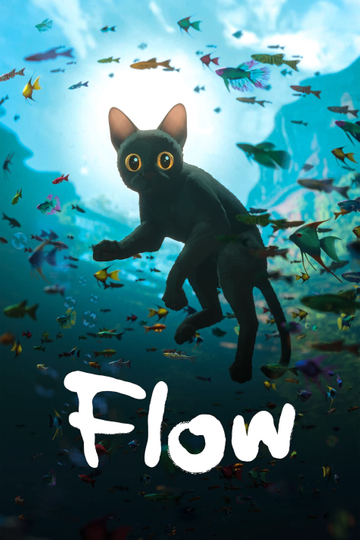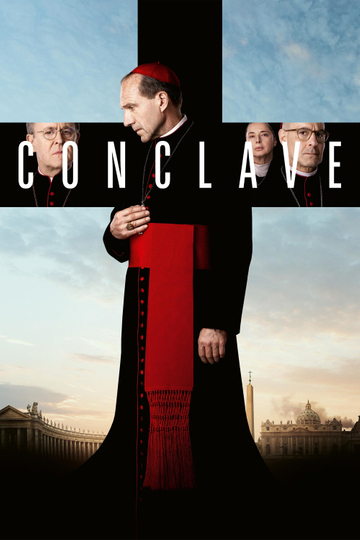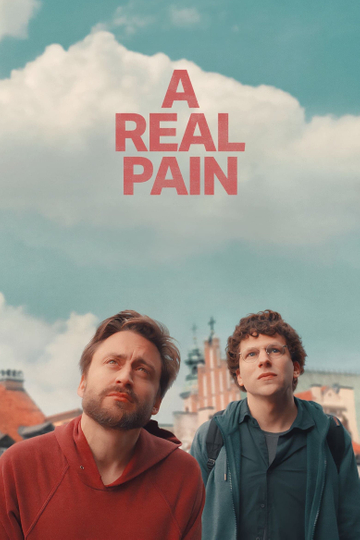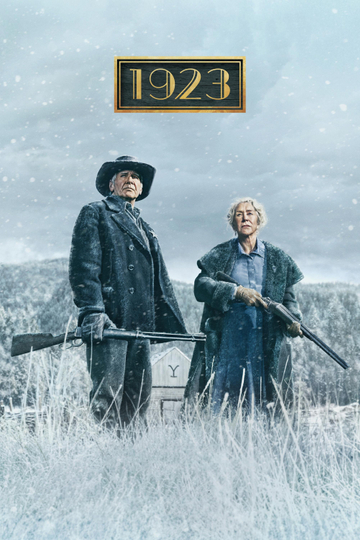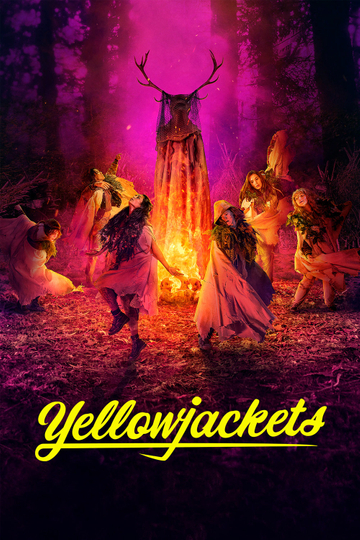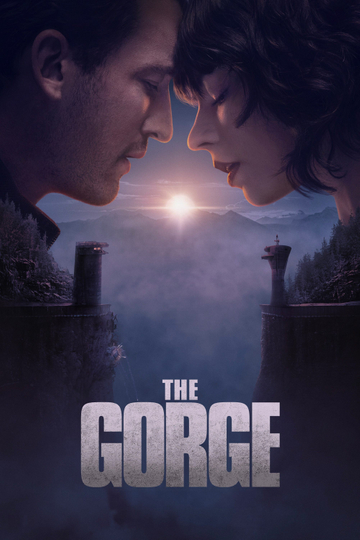Season 2009 Episodes
1. The Great Chinese Art Revolution
Think of China and contemporary art may not be the first thing that springs to mind. It's now fast becoming a big player on the global art scene and True Stories documentary looks at this burgeoning industry. Only five years ago China's cultural ministers predicted that the highest living artist would be Chinese and their statement seems to be right on track. It appears that freedom of expression is not being restricted by the communist state, instead it is slowly being embraced by the government. Chinese works are being sold for millions and holding their own against international artists. Communist leader Mao Zedong declared that the only function of art was to serve society, but since his death in 1976, the art market has boomed. Key artists including Zhang Xiogang, Yue Minjun, Yang Fundong have come to the fore and two distinct movements - Political Pop and Cynical Realism - have emerged. China contributes to one third of the global economic growth and with its new found wealth there is more disposable cash around, and people are being granted more leisure time by the government to spend their money. Hence the boom in galleries and art work. The government plan is to open 1000 galleries over the next 10 years. But has contemporary art become a political tool in representing China? An interesting look at how art shapes society.
2. A President to Remember
As Barack Obama takes office, More4 looks back to John F Kennedy and how acclaimed film-maker Robert Drew gained unprecedented access to his presidency. This intimate film takes a close look at Kennedy - from young campaigning Senator to a burdened President. "Now, more than ever it's important for us to look back at JFK and his legacy and learn what we can as we continue to create American history today," said Robert of his documentary. "I created A President To Remember from the realisation that young people today have never known what it's like to have a President who is celebrated both within the country and around the globe." Kennedy's decision to permit cameras to candidly record the action taking place within the White House and the inner sanctum of the Oval Office for the first time raised a storm of protest, but resulted in a journalistic breakthrough of historic proportions. The film travels in the company of Kennedy from his days as a young Senator campaigning for the Presidency; to his early days in the White House; through to his struggles grappling with major issues, from the Cuban Missile Crisis to the desegregation of the University of Alabama, vehemently opposed by Governor George Wallace, who physically barred the entry of the first two African-American students. At the close of the film, the shock and deeply-felt sorrow of Kennedy's assassination is captured in the faces of his compatriots. The result is an absorbing biopic of the much-loved leader, but in the true tradition of cinéma vérité, A President To Remember draws no conclusions from the events it bears witness to.
3. Black Gold
Co-directed by Nick and Marc Francis, this documentary is an eye-opening expose of the multi-billion dollar coffee industry and one man's fight for a fair price. Told through the eyes of Tadesse Meskela, manager of a co-operative union that represents 74,000 Ethiopian coffee farmers, the film highlights the complexities of an industry worth over $80 billion - the world's second most valuable trading commodity after oil.
4. Red Oil
Venezuela has the biggest oil reserves in the world. But where do the profits go? Filmed in the style of a Latin American telenovela, True Stories: Red Oil asks if a multinational oil corporation can deliver President Chavez' socialist dream. Told through the eyes of Marienalla, a soap opera writer turned oil company executive, this revealing documentary explores the greed, power and passion behind Venezuela's State Oil corporation.
5. Kenya Murder Mystery
Fiona Cunningham-Reid's documentary looks at the trial of Tom Cholmondeley, who is facing the death penalty after allegedly killing a poacher on his Rift Valley estate
6. Act of God
Jennifer Baichwal's electrifying film aims to discover both the spiritual and physical after effects on those hit by lightning. It's all well and good commenting that lightning doesn't strike the same spot twice, but tell that little upbeat factoid to someone who happened to be standing there the first time around. Roughly 45 people are struck every year, and this documentary delves into the deep metaphysical end to explore the life-changing ramifications of such an event. One such victim was James O'Reilly, a playwright who goes on to vividly describe the moment he was struck 30 years previously, and Paul Auster, a writer who managed to survive a strike that also killed his friend. Part weather documentary, part human interest story, part biology lesson and part X-File, Baichwal's film is a thorough, charged and stimulating investigation into the raw, untamed and life-changing power of nature unleashed. Electrifying stuff.
7. Close Encounters in Siberia
The True Stories strand, which showcases the best international feature documentaries, uncovers the mystery behind a massive explosion that shook Siberia in 1908. The epicentre, Tunguska, was so remote that no-one went in to investigate immediately. The first scientist to eventually visit the site found 80 million uprooted trees lying in neat rows, and thought that a meteor may have been to blame - but failed to find any fragments or crater and so the mystery remained unsolved. One hundred years after the explosion, George Carey packed his camera and set off to Tunguska. He encountered a mixture of mystics, reindeer-herders, amateur sleuths and serious scientists and a range of theories, from meteorites and comets to alien spacecraft, anti-matter, spontaneous explosions and an unexpected passion for the Cosmos in the old Soviet Union. And on a lake near the epicentre, Carey witnesses a discovery that may finally reveal the truth.
8. Tears, Tiaras and Transsexuals
Jeremy Stanford takes a behind-the-scenes look at the first ever 'World's Most Beautiful Transsexual Pageant' in Las Vegas, meeting the six hopefuls who are attempting to realise their diva dreams. With the dramatic competition to win the crown (and a starring role in a sensational new Vegas revue) as a high-stakes backdrop, the film explores the personal stories behind the pageant. Provocative profiles and interviews document the always intriguing, sometimes moving and often humorous journeys of the contestants. United by common histories of hardship and persecution, their ultimate triumph is a moving celebration of the human spirit.
9. Another Perfect World
The True Stories strand, which showcases the best international feature documentaries, presents Jorien van Nes and Femke Wolting's fascinating insight into online virtual worlds. Second Life, World of Warcraft, Metaplace, U World - all virtual worlds where the user can create their own paradise, far removed from real life. People can create societies that range from the democratic to the dictatorial, have avatars that resemble their ideal and can engage in actions that their real life personality would never dream of doing, from cyber-sex to virtual crime. But who creates these worlds and are they the right people to be crafting idealised societies that pretend to address and solve the inadequacies of the real world?
10. Pray the Devil Back to Hell
In 2003, the African nation of Liberia was in turmoil; its president Charles Taylor was involved in a vicious civil war with war lords who wanted to take his place. Caught in the middle were innocent civilians who bore the brunt of the violence. One woman, Leymah Gbowee, had had enough and she and her fellow church members, soon to be joined by their female Muslim counterparts, began their protests. Their plan was simple; every day they would gather in the central market of the capital of Monrovia wearing T-shirts and carrying placards simply asking for peace. As their numbers swelled, Taylor reluctantly bowed to the pressure and peace talks were set up in Ghana. From their actions came Taylor's exile and the election in 2005 of Ellen Johnson-Sirleaf, Africa's first woman head of state.
11. Sweethearts of the Prison Rodeo
moving, compassionate film following the women from the Eddie Warriors Correctional Center as they compete in a closed-doors prison rodeo against inmates from nine all-male penitentiaries. Prisoners compete on wild broncos and bucking bulls, risking life-long injuries. Danny Liles, a 14-year veteran of the rodeo, mentors the women, who include Jamie Brooks, serving 30 years for murder, and Brandy Witte, serving 20 years for firearm possession and drugs dealing. For them and their fellow inmates, the chance to battle livestock offers a brief respite from prison life as they become the heroes the public and guards applaud.
12. Taking Liberties
Riding in on a wave of optimism and real belief in their mantra that things can only get better, the New Labour government proceeded to enact some of the most authoritarian legislation in recent history. With fast-paced satirical style, this Bafta-nominated film shows how, in just over a decade, some rights and freedoms that took centuries to build up have been rolled back or cut away through a personal journey into the decline of civil liberties. The 82-year-old holocaust survivor Walter Wolfgang was lifted bodily from a debate at the Labour Party conference for, as Tony Benn points out, 'rightfully' saying that Jack Straw is talking 'nonsense' about Iraq. We see a man who tries to protest against the treatment of Mr Wolfgang also set upon by security, and learn that he was later handled roughly - and that poor old Wolfgang was next detained by the police under the 2000 Terrorism Act. We meet Moulad Sihali, an Algerian refugee. He was cleared of all charges relating to a non-existent plot to manufacture the poison ricin, but has now been made a prisoner in his own home. He's been fitted with a tracking device, is only allowed outside at certain hours - and then only within a one mile radius of his house - and is forbidden to meet anyone who hasn't been vetted by the Home Office. The specific charge against him? There isn't one. We hear how Maya Evans, a vegan chef, and her friend the writer Milan Rai were arrested under the Serious Organised Crime and Police act for reading out the names of people who have died in Iraq and occasionally ringing a (very quiet) Buddhist bell. Occasionally the footage is very funny. Protestors are told that if they step off the grass verge they have been crowded onto they could be arrested for blocking a public highway. They are told this by a massed group of policemen who are actually blocking the road. There are recordings of the police intimidating grandmothers; protestors being strong-armed; 80-year-olds being dragged along on their backsides by police; Tony Blair staring on silently (in contravention of international law against complicity with torturers) as George W. Bush praises the facilities at Guantanamo Bay. The documentary even succeeds in arousing sympathy for a group of bankers - the Natwest Three. Thanks to a 2003 treaty they were extradited to the US - for a crime they allegedly committed in Britain but that British authorities declined to prosecute due to lack of evidence. In this case, the US authorities were allowed to take these men from their homes and support networks without presenting any new data to the British government.
13. Life After the Fall
True Stories presents Kasim Abid's intimate portrait of everyday life in war-ravaged Baghdad in the years following the Saddam regime. Having lived in exile for 25 years, Iraq-born Kasim returned to his home country in 2003 and spent more than four years filming his family as they struggled to adapt to the massive changes in their city and country under the US-led occupation after the fall of Saddam Hussein. This is a gripping portrayal of one family's fight to survive. With estimates suggesting up to 70% of the population is under 30, it is through the eyes of Kasim's five nieces that there comes a powerful sense of the mindset of the nation's youth. They share the same concerns of young women everywhere - studying and planning for their careers - building their lives. Articulate and outspoken, they enthusiastically participate in the country's first free elections: 'I'm voting for the secular movement,' says Zeina, 21. 'Religion is between me and God. No one has the right to force me to pray or cover my head. Coercion is no part of Islam,' she adds. But by the film's end, the cousins are bitterly disillusioned. Fatima, 22, notes: 'Whatever we do, it's really the Americans who decide everything. The government is just empty.'
14. Painting the Mind
Sarah Feltes's film looks at the untapped artistic resources of the human brain. Can transcranial magnetic stimulation unlock the hidden potential that is dormant in all our brains? When builder Tommy McHugh and chiropractor Jon Sarkin suffered massive brain traumas, they suddenly revealed a previously hidden talent: to create art that amazed critics and collectors.
15. Dancing with the Devil
With unprecedented access to Rio de Janeiro's dangerous backstreets, Oscar-winning filmmaker Jon Blair provides an unflinching look at one of the bloodiest urban conflicts in the world, which leaves more than 1,000 people dead each year. What has previously only been portrayed in fictional films like the famous City of God is now on screen and for real, as Blair follows the lives of three very different men. 'Spiderman', a 28-year-old drug lord, patrols the shadowy streets of Coréia, the sprawling favela he controls. Inspector Leonardo Torres, a muscle-bound cop from Rio's drug squad, inches through the alleys of another shanty town, pursuing dealers and dodging bullets. And Pastor Dione dos Santos, a reformed gangster turned evangelical preacher, trawls the slums looking for souls to be saved on his quest to broker peace among all parties and end the city's drug conflict.
16. Here's Johnny
Graphic artist Johnny Hicklenton, who is battling against multiple sclerosis lives in an increasing state of immobility and frustration, escaping the confines of his front room through his artwork. The documentary follows the seven years of his life since he was diagnosed with MS, a moving expression of his thoughts and feelings as well as artistic interpretations of key moments in his fight against the disease.
17. The Shock Doctrine
The Shock Doctrine is the latest documentary from acclaimed director Michael Winterbottom, co-directed by Mat Whitecross. Based on Naomi Klein's bestselling book, The Shock Doctrine argues that America's 'free market' policies have come to dominate the world through the exploitation of disaster-shocked people and countries. Both the film and the book argue that governments all over the world exploit natural disasters, economic crises and wars to push through radical free market policies. Klein calls this 'disaster capitalism' and in her view, disaster capitalism is as effective as psychiatric shock therapy at wiping our collective memory. The film concludes that the result is often catastrophic for ordinary people and hugely beneficial to big corporations. The documentary also adds to Klein's thesis - which was written before the recent market turmoil - and includes an analysis of how the financial world got into its current troubled state.
18. Heavy Water
On 26 April 1986, reactor four at Chernobyl nuclear power station exploded, sending an enormous radioactive cloud over northern Ukraine and neighbouring Belarus. The danger was kept a secret from the rest of the world and the nearby population went about their business as usual. May Day celebrations began, children played and the residents of Pripyat marvelled at the spectacular fire raging at the reactor. But after three days, an area the size of England was contaminated with radioactive dust, creating a 'zone' of poisoned land. Based on Mario Petrucci's award-winning poem, this is the story of the people who dealt with the disaster at ground-level: the fire-fighters, soldiers, 'liquidators', and their families. The poetry is read by David Bickerstaff, Francine Brody, Juliet Stevenson, David Threlfall and Samuel West.
